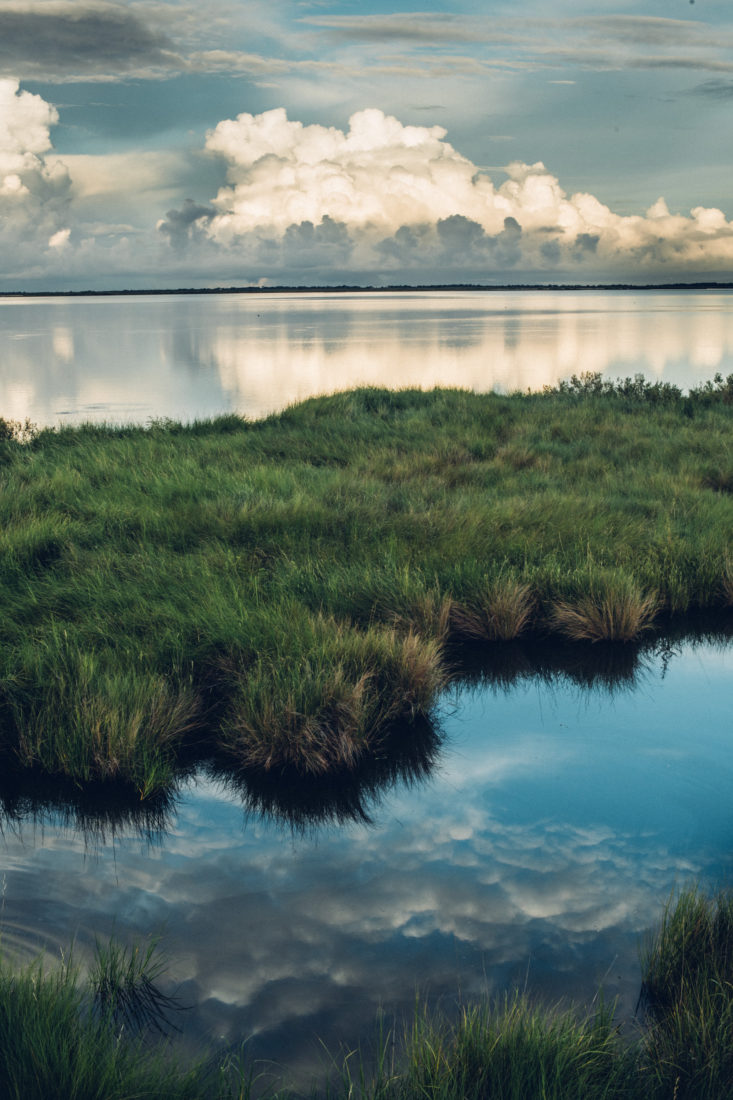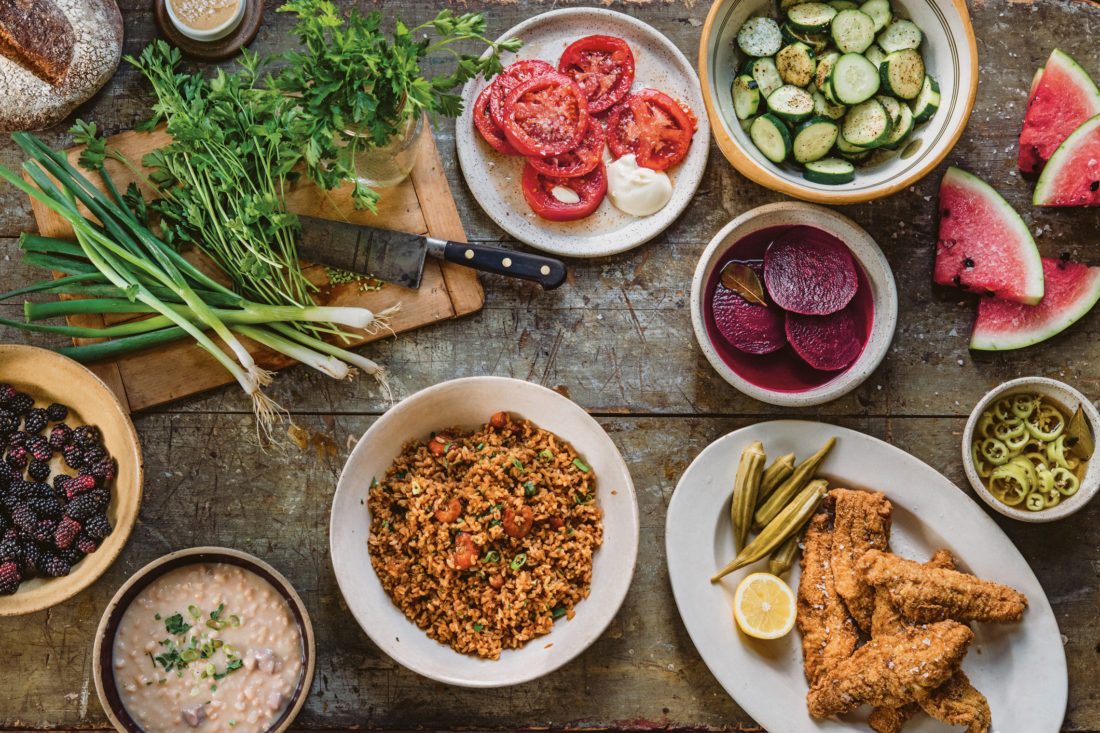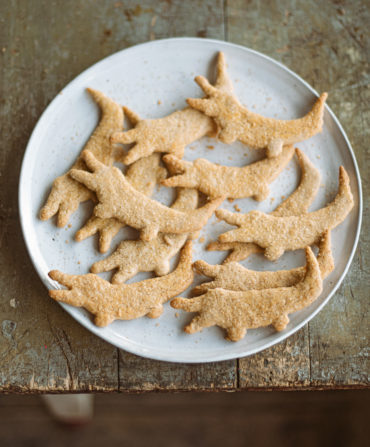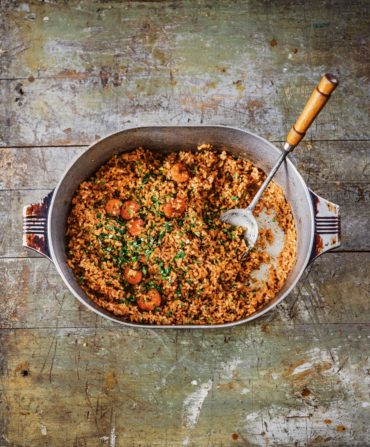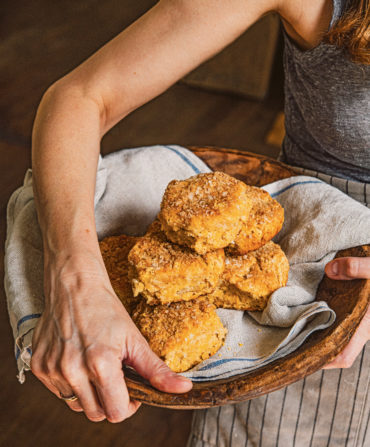A shrimp is a powerful little thing. One shrimp can transport you from your living room to the rambling coast of Louisiana, just as the picture of one does on the cover of Melissa M. Martin’s beautiful new cookbook, Mosquito Supper Club: Cajun Recipes from a Disappearing Bayou.
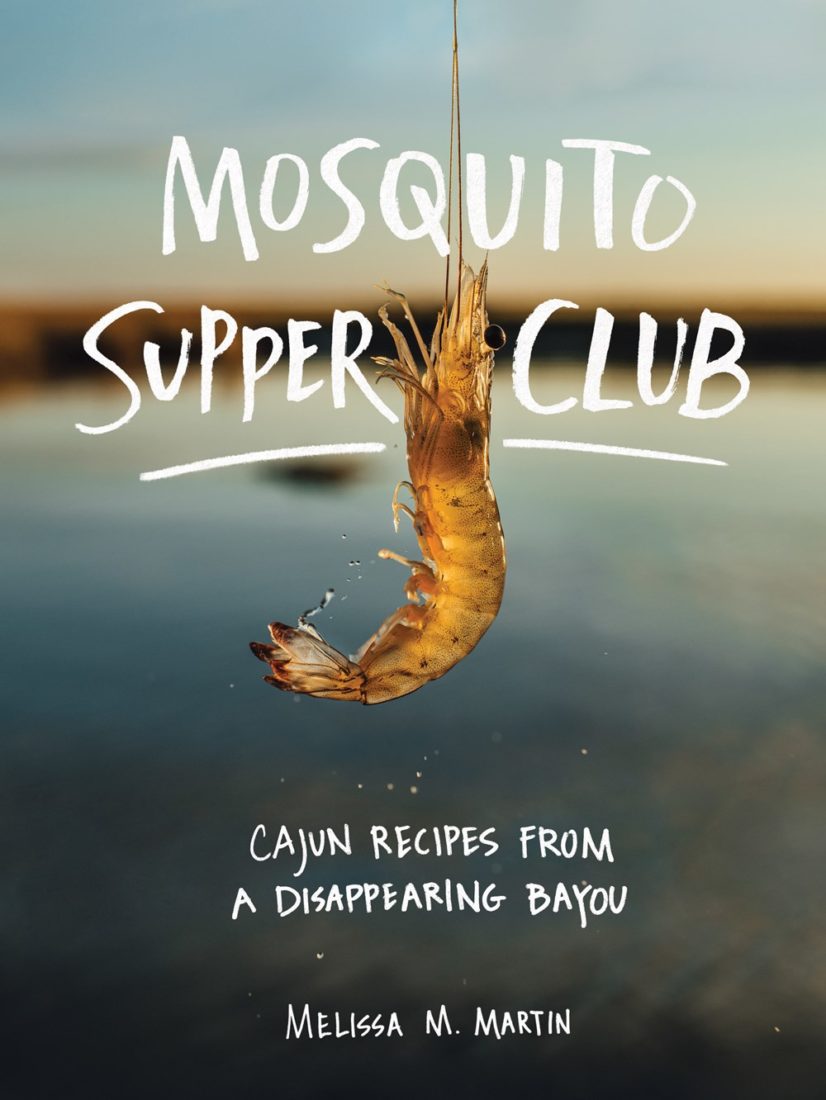
In normal times, Martin’s Mosquito Supper Club restaurant in New Orleans operates like a dinner party at a best friend’s house—she pulls biscuits out of the oven as guests arrive, puts on some music, and everyone sits together and helps each other plate their jambalaya and white beans. She’s currently working on a temporary take-out service while her soulful original format is paused, but in the meantime, this cookbook serves as a beautiful ode to the friendship, food, and Louisiana waterways that have formed Martin’s life and philosophy.
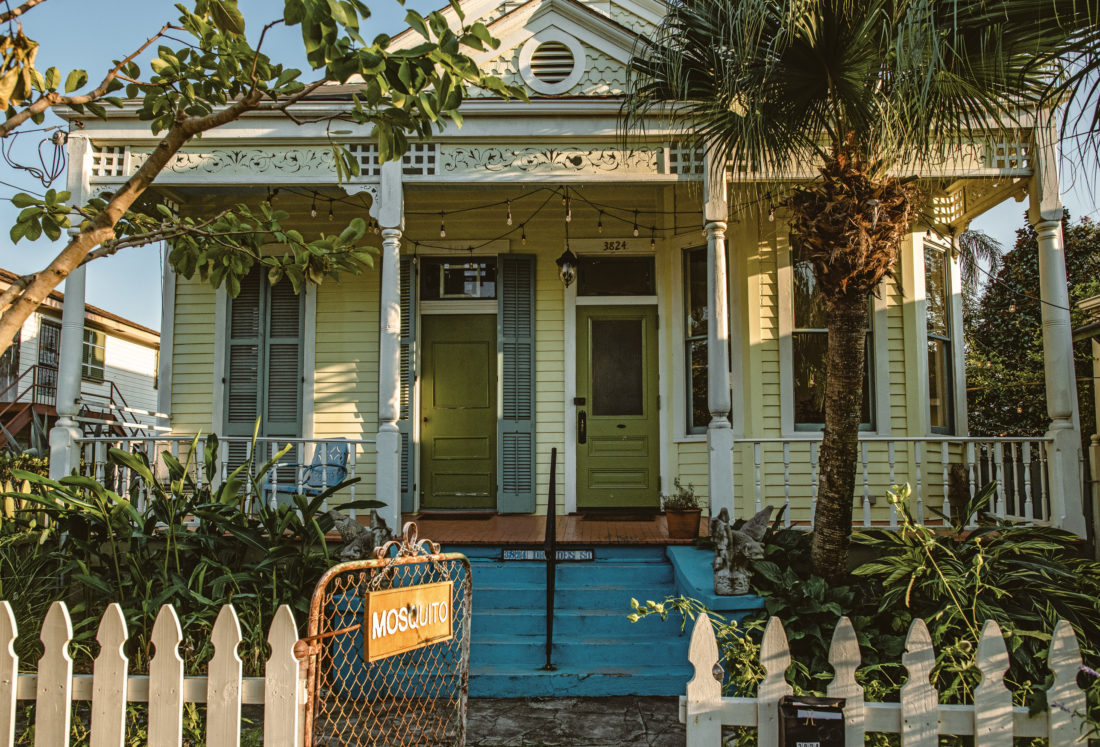
With poetic essays that describe the importance of shrimpers, fishermen, the local women running kitchens and households and businesses, and the eroding bayou marshland itself, Martin’s book offers a personal tour through a fascinating pocket of the South. “Look up Chauvin, where I grew up, on Google Maps,” Martin says. “And see just how surrounded by water it is.”
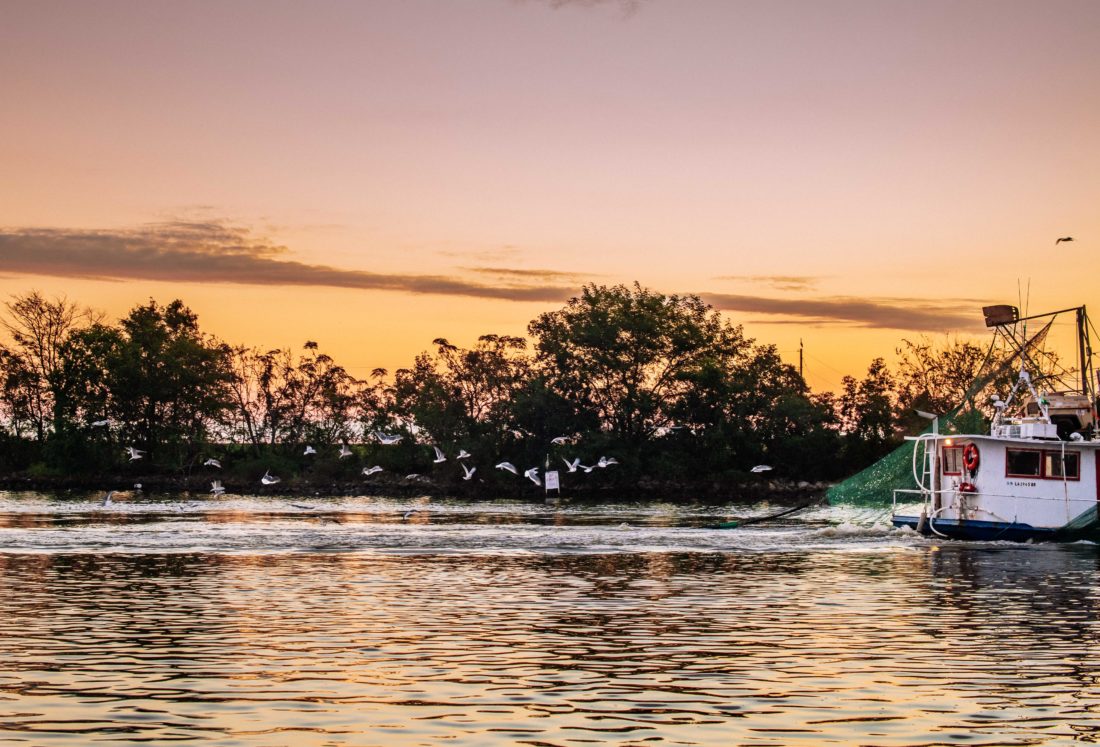
No wonder, then, that so much delicious seafood fills this book, including entire chapters devoted to shrimp, crab, oysters, and crawfish. Each chapter includes personal pieces from Martin, advice for cleaning and prepping ingredients, and recipes including this shrimp jambalaya. “You can tweak that recipe and add oysters or crab, or top it with different things like cabbage kraut on top, or salad, or serve it with beans Cajun style,” Martin says. “I use jambalaya as the base for so many meals.”

The women in Martin’s life play a significant role in the cookbook: The Southeastern Louisiana culinary legend Alzina Toups inspired a recipe for “pillowcase cookies,” simple treats that fishermen have long carried onto their boats. Martin’s aunt Earline’s cooking spurred the crawfish bisque. And not only did Martin’s mom share tips, such as adding butter to cooking stock to make shrimp easier to peel, she cooked many of the final recipes and delivered beans and jambalaya and fried fish in Tupperware containers to the photo shoots. (Denny Culbert’s resulting images are beautiful and evocative, down to the dusting of sugar on plump blackberries.)
Martin doesn’t romanticize Louisiana—she frets over the vanishing landscape and connected-to-each-other way of life, and hopes readers come away from her book with an appreciation for both the natural resources and the people that make the place rich. “Whenever you cook with the ingredients that you carefully source,” she says, “pause for a moment and think about each person—the farmer, the fisherman—and the work that they do that goes into a basic dish.” So consider the farmer who grew the sweet potatoes lingering on your countertop, and then pull down your favorite large bowl and make Martin’s buttery sweet potato biscuits. They might transport you to Louisiana, or they might just make you happy to be home.
